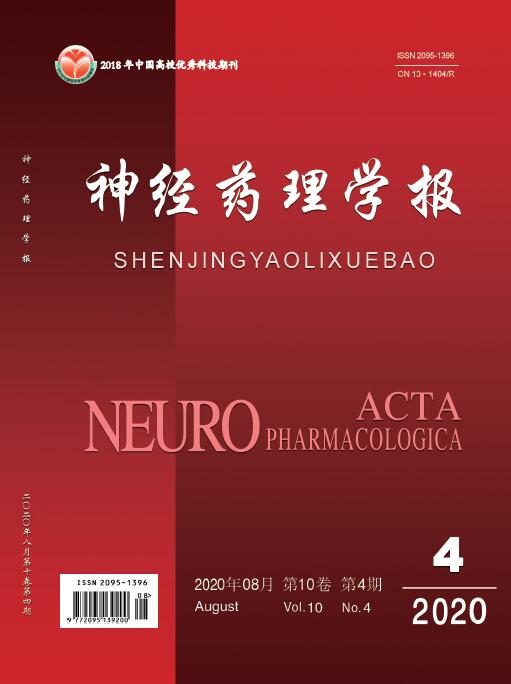Alzheimer’s disease( AD),a cerebral disease,accounts for the majority of senile dementia that affects the health of the old. Although many theories on AD pathogenesis have been proposed,so far,there are no effective treatments to restrict its development. Recently “infection hypothesis” of AD have shown that a variety of pathogenic microorganism can directly penetrate
the blood-brain barrier (BBB),reach the brain,cause inflammatory reactions,and damage neurons. The most common pathogens through BBB are herpes simplex virus,Cytomegalovirus,Chlamydia pneumoniae,Spirochetes,Helicobacter pylori,Porphyromonas gingivalis,Fungus. In this article,we mainly discussed the potential role of pathogenic microorganisms in the etiologyand progression of AD,expounded the relationship between pathogens and AD,which would provide theoretical basis for the pathogenesis,prevention and treatment of AD.

